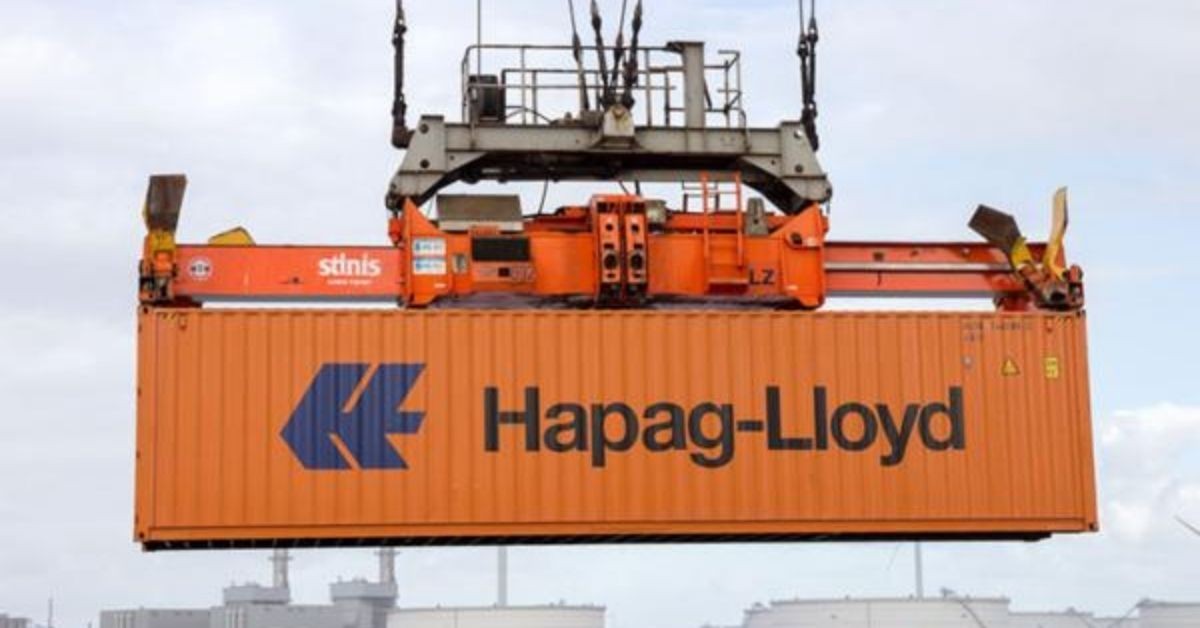Hapag-Lloyd has introduced online B/L amendment tools as part of its new customer-centric strategy.
Under the digital mode, customers will receive draft amendments within two hours of placing a request through the carrier’s website.
“We have simplified our shipment handling process through our website,” the German carrier said in a customer advisory.
Hapag-Lloyd further noted, “From 16 January 2023, customers will receive online Bill of Lading draft amendments in two working hours after placing requests on our website.”
The company said this online tool will present significant advantages for customers, mainly because of quicker response time. “Amending the BL draft directly in the document reduces chances of errors,” it pointed out.
Hapag-Lloyd went on to explain that “any manual amendment sent via email will take minimum eight working hours to process with no guaranteed commitment.”
However, the liner said amendments requiring approval at the destination could take slightly longer to materialise due to manifest limitations.
According to the company’s advisory, the regions covered under the scope of Hapag-Lloyd’s new automated process include bookings to the Indian subcontinent, the Middle East countries, Pakistan and Africa.
The pandemic has accelerated the pace of digitisation in the industry, with most carriers operating out of India now issuing delivery orders electronically that help quicken equipment turnarounds in addition to other predictable cost gains for beneficial cargo owners.
Most carriers and logistics players have invested heavily in digital innovations to simplify a range of processes for shippers in the new normal environment.
Indian freight forwarders also see significant value in adopting digitisation in the supply chain as the government works towards a new robust national logistics ecosystem.
“The emphasis on digitisation that these policies bring in will greatly benefit the sector,” said Sanjay Bhatia, co-founder and CEO of digital forwarder Freightwalla.
Bhatia added, “It [digitisation] will streamline, enhance, mobilise and make the shipping and logistics process more resilient. It will be a year where we will see integration technologies by supply chain companies such as artificial intelligence, Internet of Things (IoT), automation, robotics, blockchain and big data to provide intelligent logistics solutions to their customers.”







